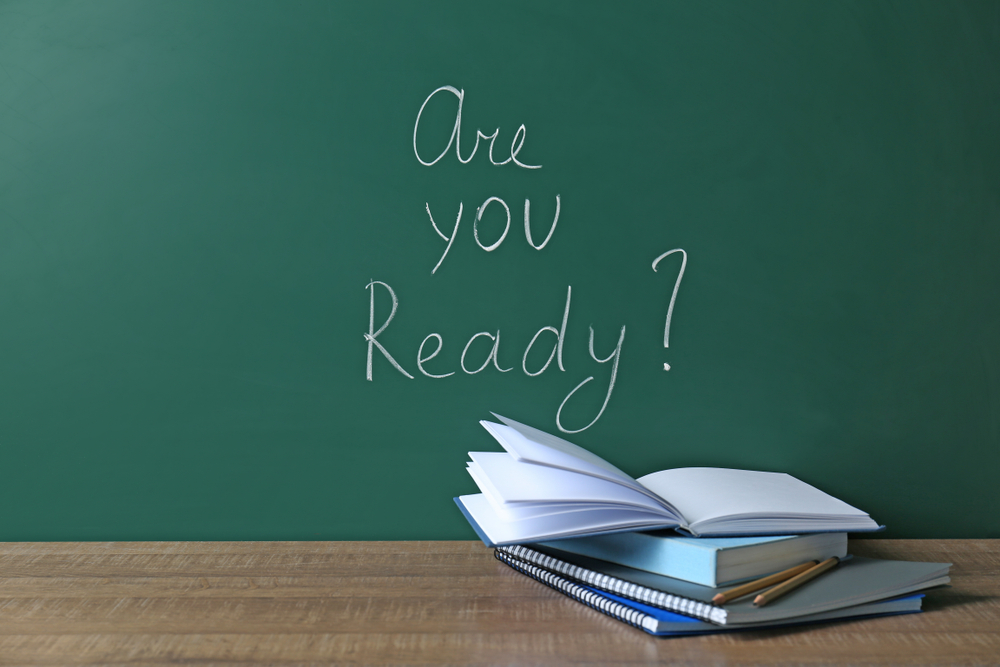For those of you taking the SAT tomorrow (and scouring the Internet for a few last-minute tips), here’s a small one that could actually have a significant effect on your score.
To introduce it, a personal anecdote (notice how many time the word I appears in the following sentences). About five years ago, I was going over a student’s QAS score sheet from her first real SAT. She was a good student and strong test taker, and in fact she’d scored a 2200. It was pretty much in line with her practice tests, but when I looked at the scoring breakdown by section, something leapt out at me: virtually every question she had gotten wrong came from the first three sections. And when I read over her essay, I saw that it was, well… Let us say it was not her best work.
At that point, I put two and two together. “G,” I said pointedly. “Were you awake when you started this test?”
She smiled guiltily and ducked her head, then shook it slightly.
Well, that solved that mystery.
Before that incident, I didn’t do much coaching about what people should and should not do on test day beyond the basic (don’t stay up until 2am, don’t have two cups of coffee if you don’t normally drink coffee, eat a good breakfast…), but that conversation made me rethink things a bit.
Along with most other people, I’ve never truly understood just why the College Board and the ACT should put a bunch of already stressed out, sleep-deprived teenagers through the torture of waking up at 6am on a *Saturday* to take a test that in some cases will have a significant impact on the rest of their lives. Since it doesn’t look as if that policy is going to get rethought any time soon, though, you need to be prepared.
Unless you’re the lucky sort of person who can go from 0 to 100 and be totally on the second you open that test booklet, even if you’ve been dozing through the (endless, endless) instructions, this for you. You cannot afford to have a warm-up period — questions from the beginning of the test count just as much as those anywhere else on the test, and you need to be in the zone from the moment you break the seal on your test booklet. And one way to ensure that you’re already in full test mode is to do a handful of questions before you get to the test.
When I say a few, I mean a few. Not so many that you start to freak yourself out, one or two easy/medium ones from each section. You don’t even need to check your answers — and in fact, you probably shouldn’t. The goal isn’t to score yourself, just to get things working so that the transition to starting the test doesn’t feel quite so abrupt. If your brain groans in protest, let it. At least you’ll get that part over without any damage. By the time you start the real thing, you’ll be past that stage and able to focus much more clearly.

Hi 🙂
I’m a senior who is using your book
Since I was international and have been only 3 years in America, reading was the hardest part for me to master in 3 years
But ever since I used your book, I became able to finish section in a right time
Thank you so much!